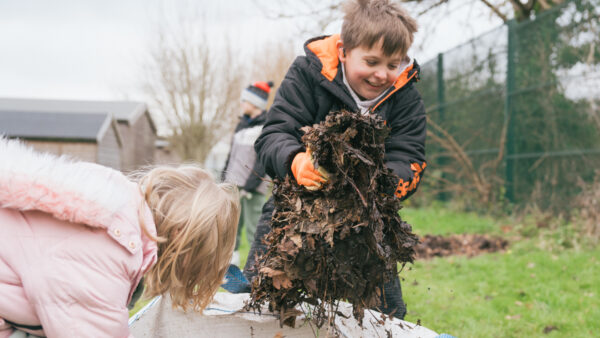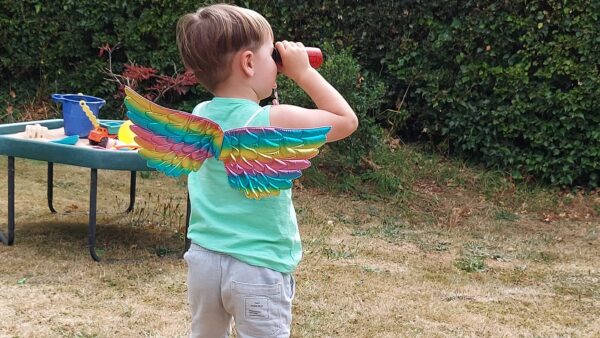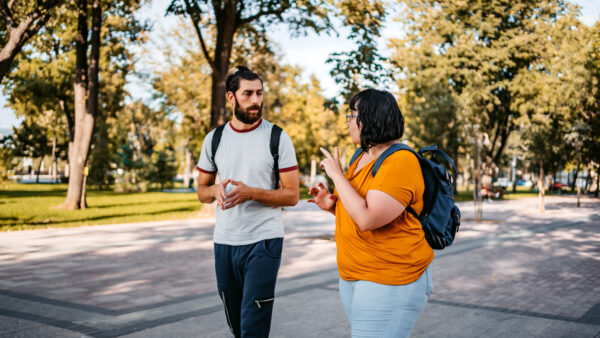“I’ve become happier with people”
It’s heart-warming when you get such positive feedback from a young adult who has participated in a Dig Deeper programme.
Transitioning from adolescence to adulthood comes with many personal, familial and societal expectations. These can range from taking on more responsibility, decision-making and the pressure to become more independent. Add to this social isolation fuelled by the pandemic and the cost of living crisis and it’s not hard to understand the impact these life changes can have on young adults’ mental health.
This is where spending time outdoors and engaging more deeply with nature can help. Nature provides resources and tools for developing coping strategies for dealing with anxiety and depression at home. Nature itself is a coping mechanism, reducing stress and helping the mind to recharge its batteries.

Our first Dig Deeper programme for young adults had five participants out in the woods exploring and discovering nature. They used a combination of technology (smartphones and digital microscopes), natural materials and sensory-reducing items (sleep masks and nose clips). There were no expectations to learn or to create or in fact do anything. The ethos of Dig Deeper is to provide that ‘wow’ factor through a deeper connection with nature. Once that begins to happen, we find that participants are more open to engage with the activities and each other.
It can take a lot of courage just to leave the house
Through observations, conversations and written journals we discovered that it takes a lot of courage for someone with mental health issues to leave their house, to go somewhere they are not familiar with, to meet people they don’t know and engage in activities that are new to them. However, when they do that, they find their confidence increases. The nerves dissipate and the sense of humour emerges. They discover they can give as well as receive support within the groups, as they begin to feel more comfortable in social situations. There are physical impacts too, through careful recording we have noticed that pulse rates lower through the course of each session as participants become more comfortable, able to unwind and subsequently focus on the environment and the activity.
At the end of the programme, our participants left feeling inspired and full of ideas for continuing those nature connections on their own. These included:
- Getting out more and using the various nature-based apps downloaded onto their phones.
- Taking bird seed out on walks.
- Simply taking time to sit and watch the birds.
- Taking time out when feeling worried or anxious to get closer to trees or sniff the soil to help boost their mental health and immune system at the same time.
We were delighted when one of the participants showed up at an event we ran afterwards and declared that she had been ‘soil sniffing’ since the programme and that it made her giggle. You can’t beat that for feedback!
These sessions have been gratefully funded by Cornwall Community Foundation.



